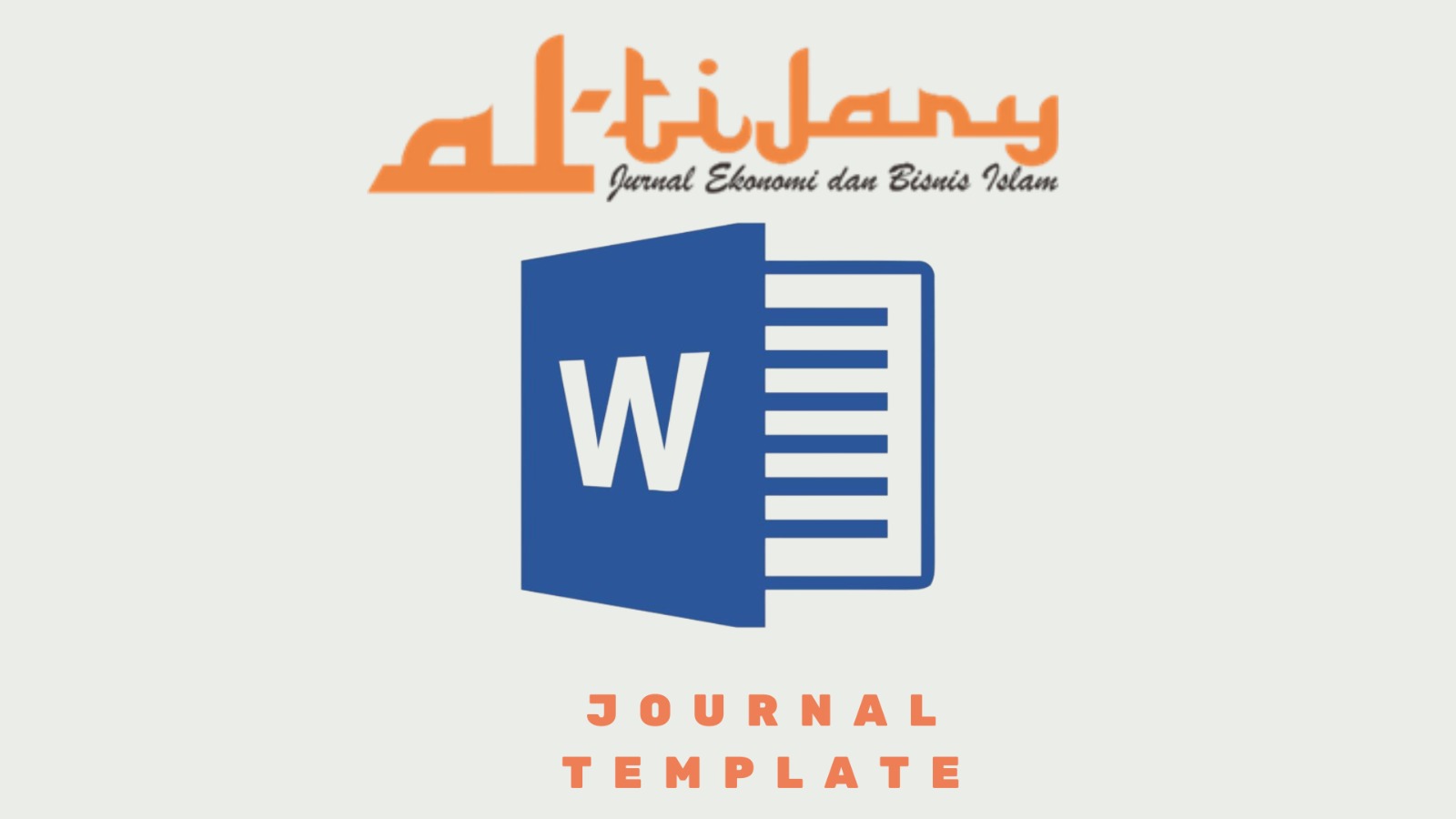Realita Lembaga Pengelola Zakat (LPZ) Pemerintah: Ditinjau Berdasarkan Undang-Undang nomor 23 tahun 2011
Abstract
A Management of religious tax must be performed by an institution that specially handles the religious tax. That institution is called a religious tax management institution. This institution has a duty that is socialization to the community, collecting and distributing zakat exactly according to Islam teaching which is facilitated by the state dan helped by community religious tax institutions. A Team of researchers is interested to know about the management, distribution, and empowerment of Badan Amil Zakat Nasional (BAZNAS) of Samarinda city. The researchers assume that city is potential for zakat development because this city is the capital of East Kalimantan province which is famous which rich natural resources and has a good effect on community prosperity caused by a lot of economic activity paths and a majority of the population in that area is Muslim, therefore a religious tax is in proportion to their income. If an act number 23 ‘2011 about religious tax management could be applicated well, a lot of religious tax will be obtained and it affects the prosperity of a resident evenly. This research is counted as qualitative. Approaching used here is law sociology. A specification of this research is descriptive, and its scheme is a case study. a Kind of data used in this research consists of field data dan library data as a primer and a seconder. BAZNAS is an institution formed by the government, therefor its fund is facilitated by the government, yet a member of BAZNAS of Samarinda city said that it is not suitable for a reality. According to act number 23 ‘2011, BAZNAS forms a religious tax collector unit (or UPZ). Forming this unit is performed in a city government, offices, BUMD, and private company. Religious tax collector units are formed in districts, villages, mosques, and majelis taklim until school. From various religious tax collector units, only 25 units have been registered in BAZNAS of Samarinda city. Something collected in UPZ generally fitrah religious tax, few of religious tax is from a wealth. An arrangement of BAZNAS according to an act number 23 ‘2011 period 2016-2021 is not socialized well among a city government. Socialization and education have not been done in a city hall and in all offices under the city government so that it is not amazing if there is a religious tax collector unit (UPZ) in one of the districts deposits the religious tax to one of the private banks.








